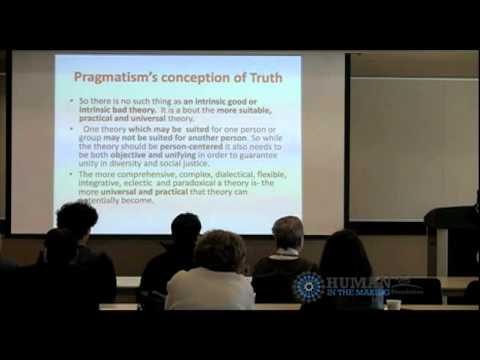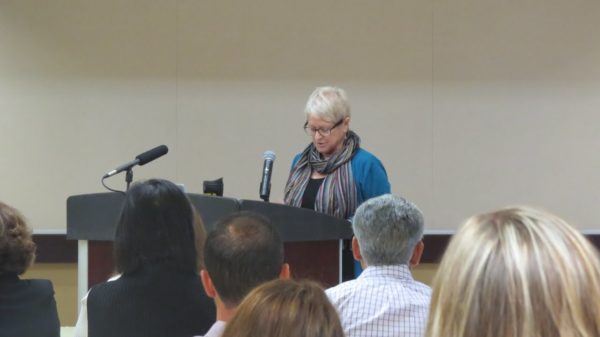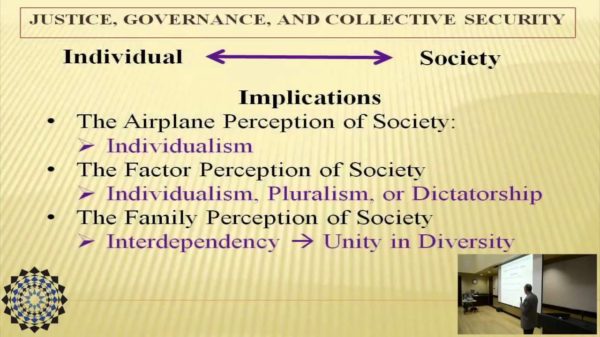

How Our Belief Systems and Convictions Shape Our Perceptions, Attitudes, and Behaviors About Ourselves and Others, and How They Have Impacted Our Rights and Privileges as Individuals and Society Throughout the History :: January 22, 2012
Questions & Answers Session
Abstract:
These presentations will focus on the critical importance of having universal, comprehensive, healthy belief systems and cultural values. Then, it will show how diverse belief systems (e.g., religious, psychological, cultural) and factors (e.g., economical, educational, social, political) have positively or negatively impacted our behaviors. Presentations will focus on four objectives: 1) the noble station of humans, 2) the importance of having a comprehensive system of beliefs and how our thoughts, feelings, and behaviors are being impacted by the personal (private) and universal (public) convictions we willingly and unwillingly choose to uphold, 3) realization of the fact that our belief systems act as the spectacles, frames of reference, archetypes, or structural maps that we use in order to understand, interpret, and judge the world around us, 4) the importance of adopting a “wholly”, “healthy”, “organic”, “process-oriented”, ” inherently cohesive “, ” comprehensive”, “ inclusive”, “future-oriented” and “most fitted” system of belief, characterized by justice, peace, and unity that safeguards our lofty station as humans and meets our personal and social requirements of the age in which we live.






